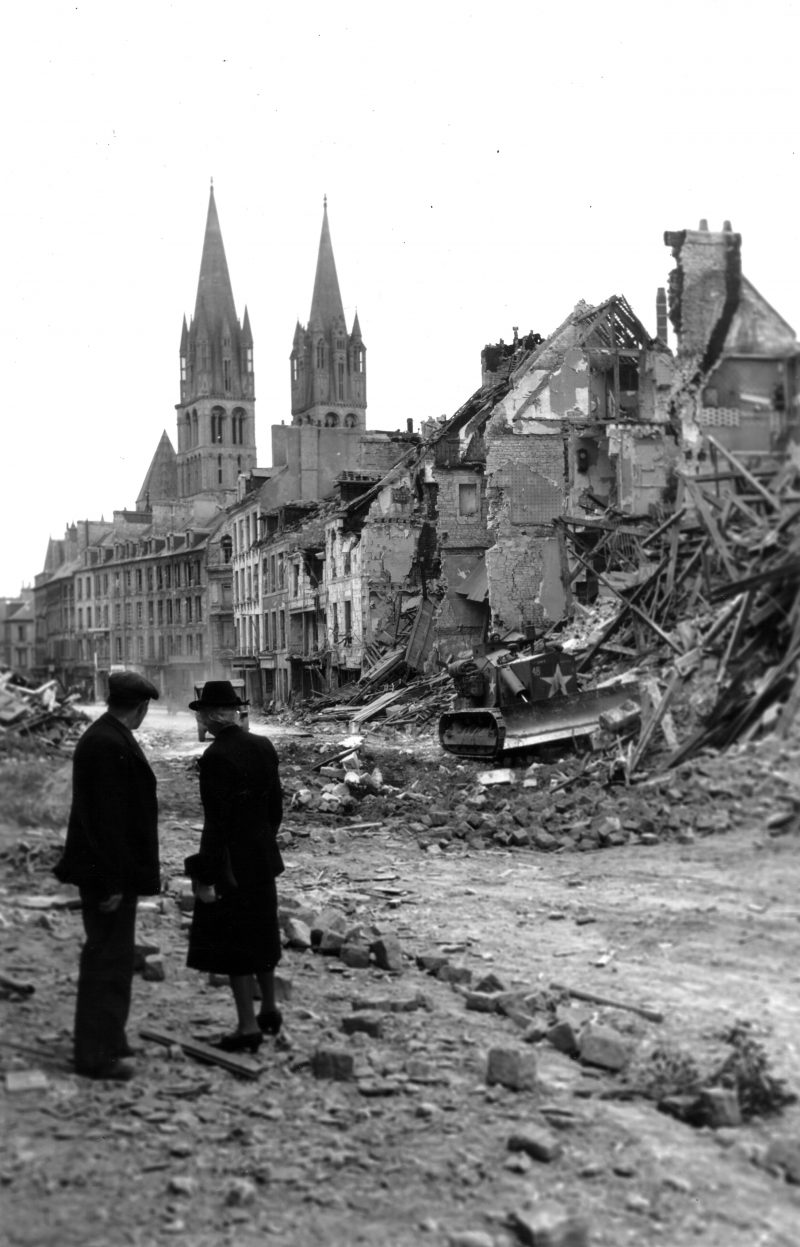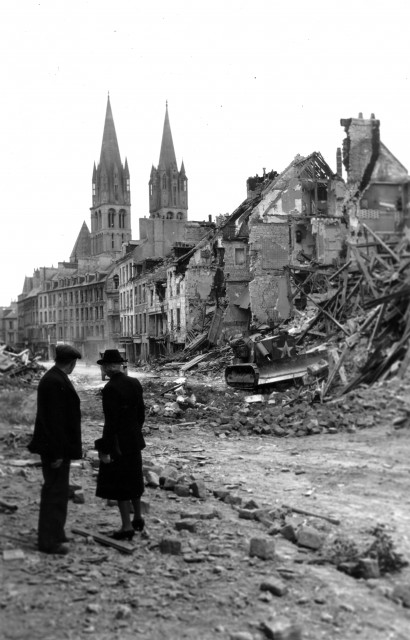Just like any other war in the history of mankind, WWII brought us scores of myths and heroic tales of the soldiers fighting on both sides. Allies had all the right to hail their fighters and remember their gallantry in poems and novels, simply because they won. But there was no shortage of mythical brave figures in Nazi Army. For decades people wrote, sang and praised their fallen soldiers in every possible narrative and genre.
Critical Approach to history and shocking revelations
Later when historians adopted a rather critical approach to analyze the history, they concluded that things might not be the way we thought they were. Some of the stories were not amusing for Allies, especially when certain observations pointed towards the fact that German soldiers were superior in many respects.. This came as a shock to many people who had a very two-dimensional view of the war, and human reaction to the war.
Brits would not fight without a regular ‘ciggy-break’ or a ‘cuppa’
One of the major differences between British soldiers and Allied forces was the attitude of Brits towards war itself. They had some unique systematic flaws, which were not shared by American or Canadian soldiers. This is primarily because after WWI, and in the years leading up to the WWII, the British working class developed a sort of trade union mentality. Some Canadian soldiers had reported after the war that British soldiers would not fight without regular smoke and tea breaks. After making a successful landing on Normandy, some Brits were seen resting and smoking on the beach, claiming that they deserved this after such a success. There was a growing concern in the Allied forces due to this demarcation mentality of some British troops –they would not do anything that was not their job. They focused more on defense rather then stepping forward and taking the enemy territories.
Nazi troops were nothing like British soldiers.
A German soldier was a polar opposite to a British or American soldier, partly because of the Nazi propaganda, and partly due to the fierce and ruthless discipline of Nazi Army. Soldiers were told never to surrender unless very badly wounded and no soldier would dare seek a permission to have a leave, because they knew that only thing they were going to get from their superiors was a bullet to the head.
War is complex, uncertain and strange – just like the soldiers who fought in it
After the war was finished, Major Lionel in Italy carried out a study. He estimated that amongst all of British soldiers only a handful of men actually fought during WWII. Most would just follow the fighters and if everything went well they’d carry on, otherwise they would simply run away, the Mail Online reports.
American studies found somewhat similar results. Some of the American soldiers, it was found, did not even fire a single shot during the war. The German Army had almost the same categorization of soldiers in their troops – real fighters at the front and the weak and hopeless soldiers in the back. The reason why Allied forces thought Nazi soldiers were tough and ruthless, is because they were only fighting the best of them, the rest would just retreat when things went wrong.
What is more practical, mythical literature or the cause?
In the end, historians agree on the fact that myths and tales of gallantry don’t really make any difference. What really matters in practical terms is the implication of the war and decisions made by the soldiers fighting for a cause. A due respect must be paid to those who left behind the comfort of their beds and fought in cold and heat. This is what history teaches us: it is not an autobiography of a madman; it is rather a lens to look back and not to repeat the mistakes that took millions of lives.

